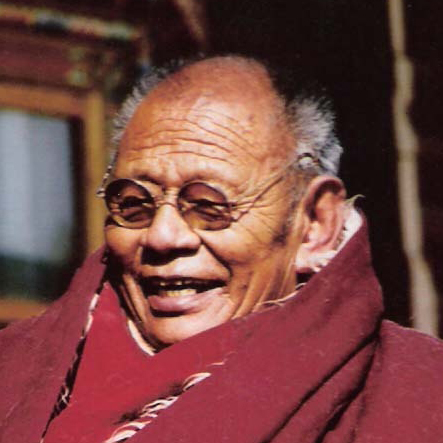How to benefit a person who has died + Q&A
How to benefit a person who has died
Part 1:
Part 2:
Q&A: The impermanence of life
A) Which of the following statements are incorrect?
1) Facing death is easier for wealthy people.
2) All people who believe in reincarnation are more mindful and aware of how they treat the environment and fellow sentient beings.
3) We can prepare for death and how we live helps us prepare for death
4) Our time of death and the way we die is predetermined when we are conceived.
5) Many people spend there whole life preparing for future events in this life only to meet their next life unprepared.
6) The reality is we are all dying it’s just a matter of time.
7) If we often observe the impermanence of life we may have a greater understanding of life and possibly live this life more meaningfully.
8) As we may die anytime and death is inevitable there is no real meaning in engaging in practise
9) If we really understand impermanence we will easily be able to understand wisdom emptiness.
10) Past realised teachers believe that if we do not practice impermanence for one day, then this day has been wasted. It is like a battery that recharges our motivation to keep practising until we attain enlightenment.
11) Nothing can be grasped or held onto. When we don’t fully appreciate this simple but profound truth we suffer
12) Insight into impermanence helps us to go beyond all concepts. Concepts are impermanent.
13) Our basic character is only mindstream, which is in itself impermanent
B) What to you is most significant about the practise of death and impermanence?
Quote
This chapter is part of: Introduction Course - Part 1: RenunciationOne poor man asked Buddha: why am I so poor? Buddha answered: because you have not learned to give. The poor man answered: how can I give when I have nothing? Buddha answered: even without money, one can offer something to others.
- Offer a smile to others.
- Offer words which motivate, compliment or console others.
- Offer sincerity and an open heart towards others.
- Offer by looking kindly at others.
- Offer your body by acting in ways which help and support others.

